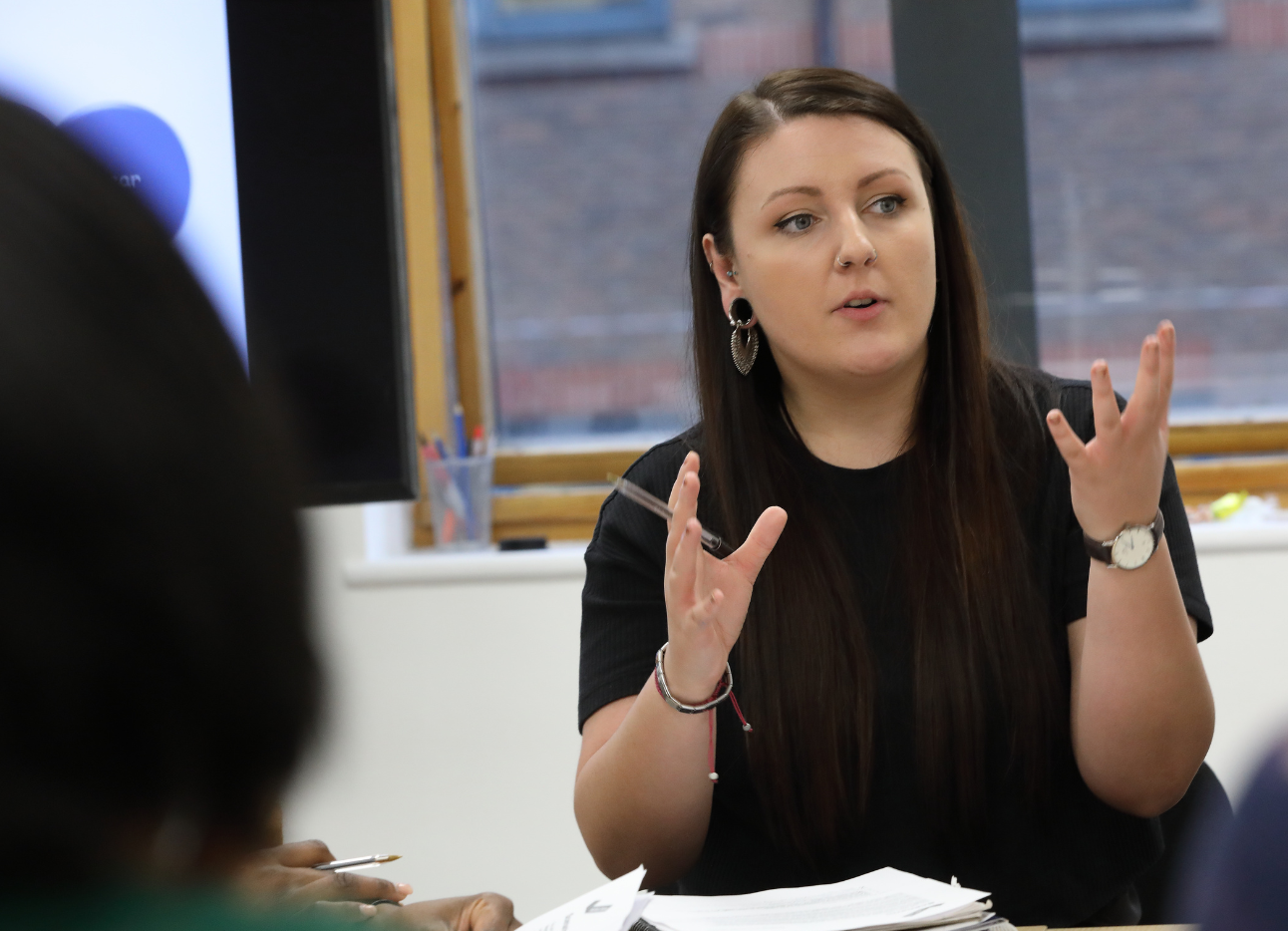
Accredited in-house training
Our Accredited training team are able to offer all of the accredited training courses as in-house training just for your organisation for between 16 and 24 learners. This includes Idva, YPVA and all our other OCN accredited courses.
You can learn more about why is being accredited important and how to choose the right course for you on our Accredited training at SafeLives page.
We are able to deliver the courses online via Zoom, face to face or hybrid to meet your needs.
To commission an in-house course, or learn more about what we offer, please contact our training team.
Available accredited in-house courses:
Foundation 12 day:
- Idva
- YPVA
- Outreach
Specialist 4 day:
- Idva
- YPVA
- Outreach
- Responding to sexual violence
- Older people
Accredited 1 day courses:
- Victims with visual impairment
- Service managers course
Our trainers, guest speakers, training content and accreditation process remain equivalent to the open courses. Accreditation is via OCN (Open College Network) and is achieved by completion of worksheets. When these worksheets are assessed and passed, the learner receives their certification.
You can attend any of these courses as a single leaner, learn more about all of our available courses here:
We offer this training to groups, minimum of 16 learners and a maximum of 24 learners. We may be able to accommodate additional learners, but beyond the 24 we would also need to add on individual learner costs (OCN and assessing fees).
If you are a professional in Scotland and would like to learn more about commissioning an in-house course for your service, please contact [email protected]


